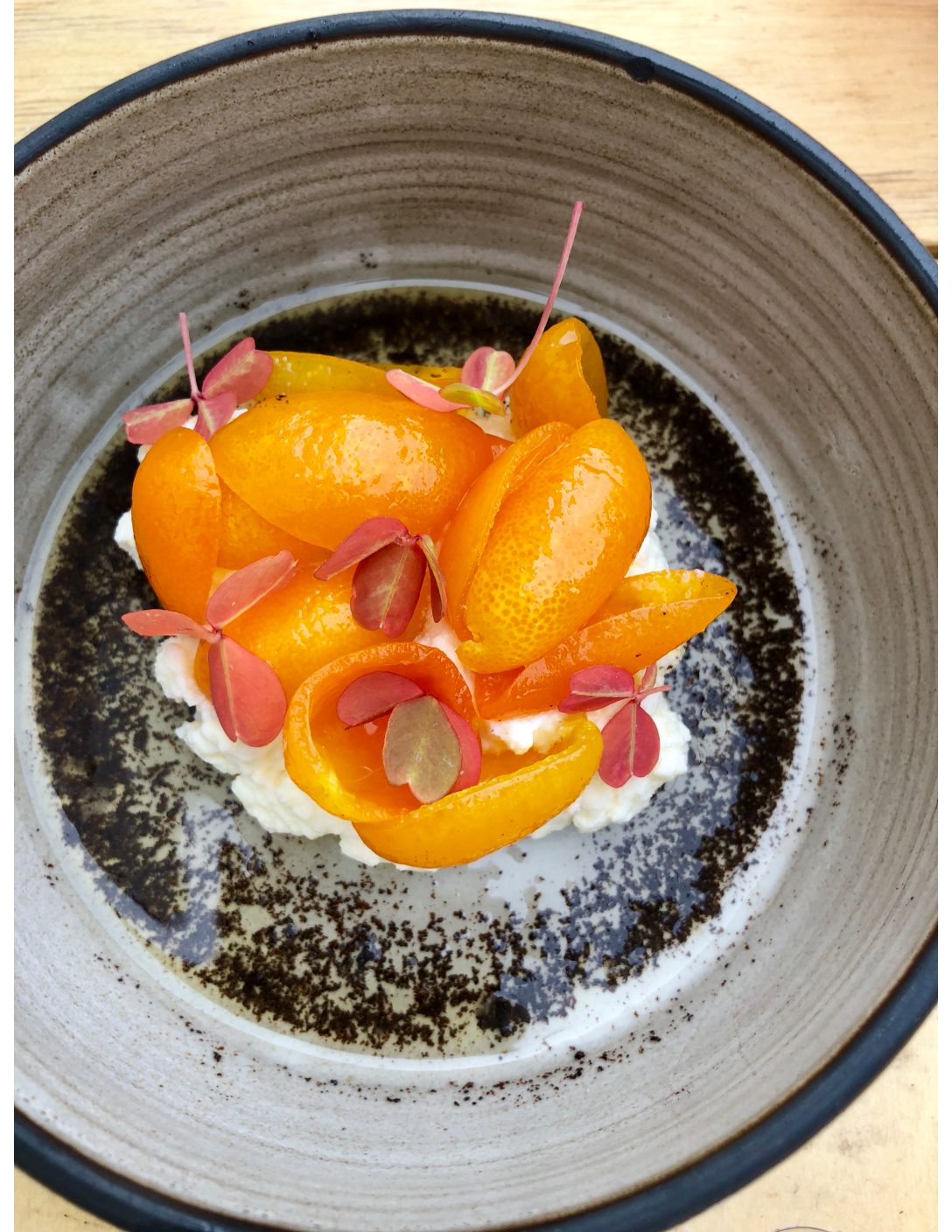
A brigade of Hispanic men in chef whites and paper toques walk arm in arm in downtown Chicago. Waving American, Mexican, Colombian, Polish, and Brazilian flags, surrounded by fellow marchers out to support immigrant rights, the chefs are backdropped by cardboard signs, saying “We Work Hard for this Country” and “We are not criminals, we are workers.”
For an hour, I watched roiling banners and pulsing waves of humanity march by the corner of Jackson and VanBuren Streets. The Chicago Tribune reported that there were at least 400,000 marchers. I don’t doubt it. From my vantage point, the immigrant rights march made the 2005 Chicago White Sox World Series parade look like a weekend gathering of girl scouts.

I admit, I was on my way to the library, and hadn’t really considered participating in the rally, yet I was sidetracked by the grand spectacle of peaceful American activism. Seeing those chefs marching reminded me of how much of a debt the food world owes to immigration. The produce upon our tables, the coffee in our pots, and yes, even the Big Macs on our plates are often cultivated, picked, cooked, and served by immigrants.
The picture below shows three guys watching the Chicago immigration rights rally from the window of a Chipotle Mexican grill. Some might suggest we owe “burritos as big as our head” and chimichangas to the hippies who traveled through Mexico in the sixties, but equal consideration should be awarded to the cultural influence of waves of hispanic immigrants.

In fact, there is no bratwurst, no pad thai, no eggroll, and no pizza, true staples of Americana, without the infrastructure of immigrant-founded, multi-generation-operated restaurants in every town in this country. Emeril’s career began in a Portuguese bakery in Fall River, Massachusetts. Without immigration, there is no Emeril, and frankly, there is no me. My mother came to America from Poland in 1959 via steamer ship.
Hungry is a food site, not a political site, but in the end, we know and believe that the personal is political. We recognize that the immigration debate is complex. We don’t want to spew diatribes and cheap rhetoric, but if nothing else, we want to remind you of the importance of immigrants and the debt we owe. Unless you are Native American, your personal citizenship is a product of immigration, there’s no way around it.
On a food level, be conscious of the factory farms and food conglomerates that exact a taxing burden upon the backs of migrant field hands without just reward. Make sure your coffee is roasted from free trade beans. Even if you don’t believe in free immigration, by supporting free trade, you support the opportunity for a living wage for farm workers in their indigenous countries, which is often the very reason people come to America. Our rich food culture, and more importantly, our society will not prosper if we don’t focus on a solution to embracing and integrating immigrants effectively in our society. The first step can start with your palate. Think before you eat, and be a good consumer, and you’ll already have made a contribution.

